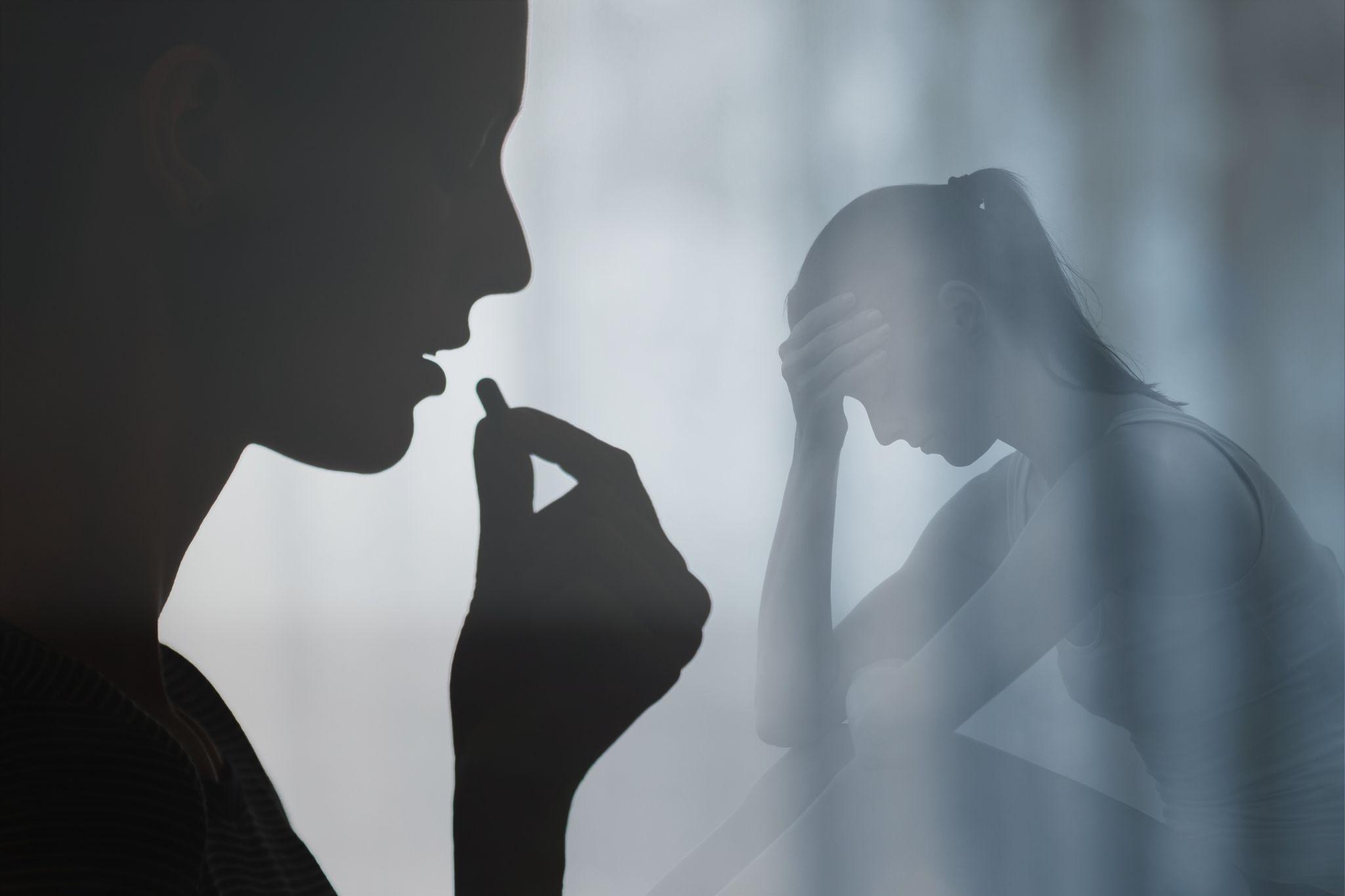
Opioid use disorder (OUD) has emerged as one of the most rapidly growing health concerns in today’s society. This complex condition, marked by the compulsive use of opioids despite harmful consequences, goes beyond the use of prescription pain management and illicit drug use.
Understanding OUD is crucial, not only for those directly impacted but also for society at large, as it sheds light on the intricate dynamics of addiction as well as its profound impact on mental and physical health. Read on to explore the intricacies of opioid use disorder, including its definition, causes, and consequences.
Understanding Opioids
Opioids are a class of drugs known for their powerful pain-relieving effects, but they also present a significant risk of addiction and dependence. To fully understand opioid use disorder, it’s essential to first understand what opioids are and how they work.
Opioids Defined: Opioids are substances either derived from the opium poppy plant or synthesized in laboratories. They function by binding to opioid receptors in the brain, spinal cord, and other parts of the body, thereby reducing the perception of pain.
Common Uses of Opioids: In a medical context, opioids are primarily prescribed for pain relief, typically after surgeries or for managing chronic pain conditions. Despite their effectiveness in pain management, opioids have a potential side effect of inducing euphoria, which can lead to misuse.
Opioid Misuse: The progression from using opioids for pain management to misuse can be subtle and complex. Misuse includes taking higher doses than prescribed, using opioids for their euphoric effects, or using someone else’s medication. This gradual shift often blurs the line between proper use and misuse, potentially leading to addiction.
Opioid’s Effects: Opioids not only relieve pain but can also create a sense of well-being or euphoria. This contributes to their addictive potential. Regular use changes the brain’s chemistry, leading to opioid dependence. Long-term use can lead to a range of health issues, including respiratory depression, mental health disorders, and an increased risk of overdose.
Opioid Use Disorder Explained
Opioid use disorder (OUD) is a significant health issue that goes beyond just using opioids. It’s a condition where the use of opioids, like certain prescription painkillers or heroin, leads to problems in a person’s life.
What Does Opioid Use Disorder Mean?

Opioid use disorder is when someone’s use of opioids causes issues in their life. This could mean problems at work, school, or in relationships. It’s not just about how much or how often someone uses opioids, but how their use affects their daily life. There are specific guidelines doctors use to diagnose OUD, which look at these impacts.
Dependence, Tolerance, and Addiction
It’s important to understand a few key terms when talking about OUD:
- Dependence is when the body gets used to having the opioid and might react (like feeling sick) when the drug is not taken.
- Tolerance means needing more of the opioid to get the same effect, because the body is used to it.
- Addiction is when someone can’t stop using the drug, even though it’s causing harm to them. It’s a strong urge or need to use, despite the problems it causes.
Signs Someone Might Have Opioid Use Disorder
Several signs may indicate someone is struggling with opioid use disorder (OUD).
- Needing to use more opioids to get the same effect.
- Experiencing opioid withdrawal when not using the drug.
- Trying but failing to cut down or stop using opioids.
- Spending a lot of time getting, using, or recovering from the drug.
- Craving opioids or feeling a strong desire to use them.
- Continuing to use opioids even when they cause problems in life, like issues with health, relationships, or at work.
Impact of Opioid Use Disorder
The impact of opioid abuse extends far beyond the individual, affecting families, communities, and society as a whole.
- Physical Health Risks: Chronic opioid use can lead to a range of health issues, including respiratory depression, heart problems, and increased risk of overdose.
- Mental Health: OUD is often accompanied by mental health disorders, either as a cause or a result of the addiction.
- Economic Burden: The cost of opioid addiction is significant, encompassing healthcare costs, lost productivity, and law enforcement expenses.
Causes and Risk Factors of Opioid Use Disorder
Understanding why some people develop opioid use disorder (OUD) can be complex, as it often involves a combination of factors.
- Genetic Predisposition: Research suggests that genetics or a family history of addiction can cause some individuals to be more susceptible to substance abuse disorders.
- Environmental Influences: Factors like exposure to drug use at a young age, peer pressure, and lack of social support can contribute to the development of OUD.
- Psychological Factors: Mental health conditions like depression, anxiety, and post-traumatic stress disorder (PTSD) are often linked to substance abuse, including opioids.
- Prescription Practices: Over-prescription or inadequate monitoring of opioid medications can inadvertently lead to dependency and misuse.
By recognizing these risk factors, steps can be taken to mitigate the likelihood of developing OUD and to intervene effectively when signs of addiction appear.
Seeking Help and Recovery

Opioid use disorder is a complex but treatable condition. Recognizing the signs and understanding the available treatment options are the first steps towards recovery.
At Adelante Recovery Center, we specialize in treating opioid addiction with a comprehensive approach that combines medical treatment, counseling, and holistic therapies. Our dedicated team is committed to supporting individuals through every step of their recovery journey, offering personalized care in a nurturing environment.
If you or a loved one is struggling with opioid use disorder, don’t hesitate to reach out for help. Contact Adelante Recovery Center to learn more about our specialized opioid addiction treatment program and begin the path to recovery.

